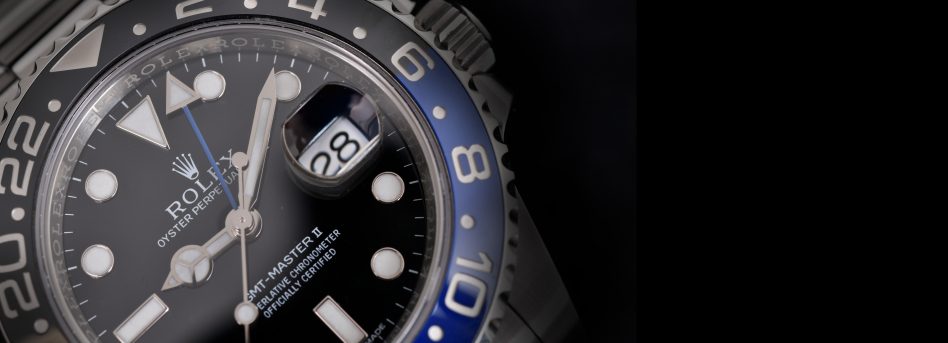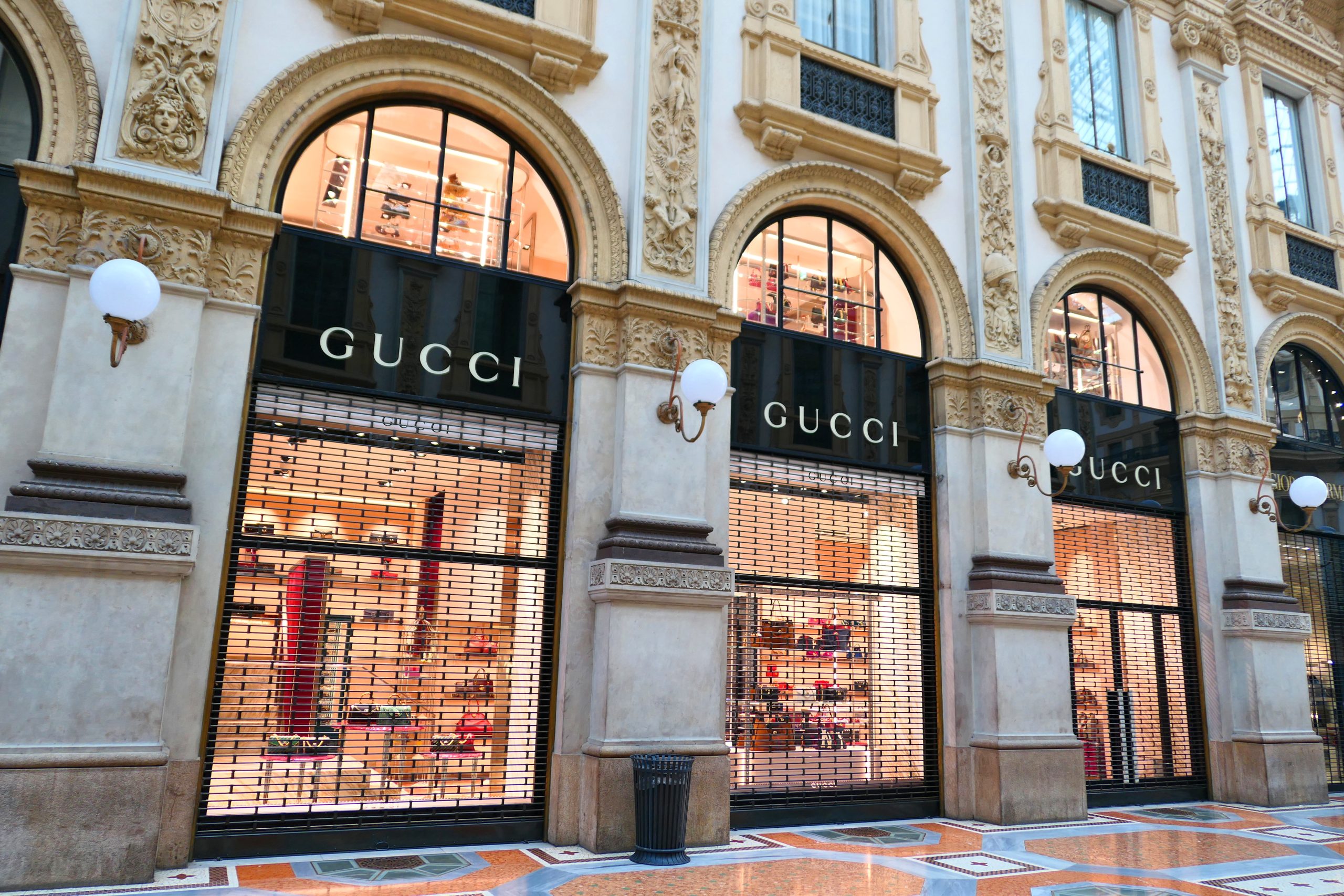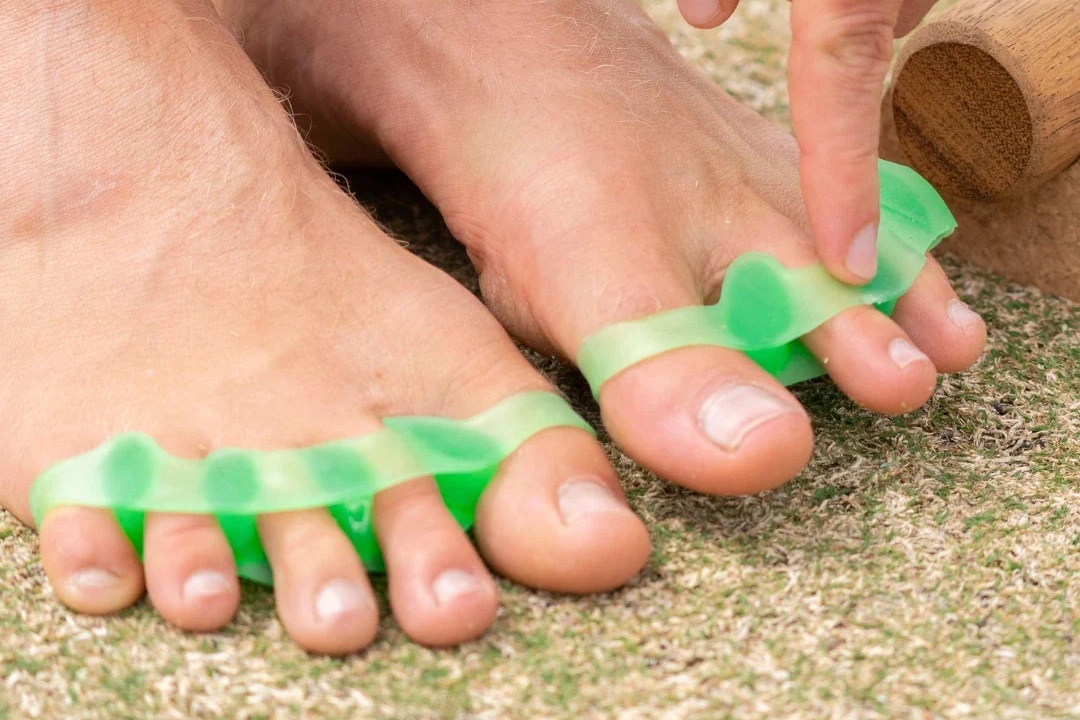
Image source: i viewfinder/Shutterstock.com
Early reports indicate that the Christmas 2023 shopping season was better for some luxury companies than what was previously forecast, however, it still wasn’t good enough for some brands.
For example, last week, the fashion company Burberry revealed that its operating profit for 2024 would be reduced by around 20%, due to the diminished customer demand its products received in 2023.
On Thursday, the Swiss watch company Rolex revealed that it had lost a third of its share value, due to its operating profit for 2024 now being potentially 25% less than what was first projected to investors in the weeks leading up to Christmas.
These are just two examples out of many luxury companies currently on a downward financial trend. As spending on designer products continues to slow, luxury brands are now more on edge than ever, as the industry is now facing a profit warning for the second time already in 2024.
Perhaps one of the only luxury companies not currently feeling the effects of this is the Swiss group, Richemont. On Thursday, the owners of Cartier and Jaeger-LeCoultre revealed that its stock had risen by 11% in December. This comes after watch and jewelry specialists also reported an 8% rise in sales in the three months leading up to Christmas.
One of the reasons why Richemont sold better than companies like Rolex and The Watches of Switzerland, for example, can be attributed to the U.S. market. Overall, sales in the United States were a high point for each company during the busy Christmas period.
Instead of buying luxury items overseas in fashion capitals such as Milan and Paris which is usually the case, American shoppers bought their luxury gifts on home soil this year. This is further evident in both Richemont’s European enterprise reported to be down this past financial quarter, and Watches of Switzerland’s sales also slumping in the domestic U.K. market.
As many higher-income shoppers have been less impacted by the current economic downturn, sales of Richemont-owned luxury jewelry brands, such as Buccellati, Van Cleef & Arpels, and Cartier, collectively grew by around 12% in the last quarter of 2023.
Thankfully for Richemont, these jewelry brands make up for the majority of the company’s overall profit, as most of its fashion labels are all currently in a state of financial stagnation or decline.
In the case of Watches of Switzerland, roughly 60% of its revenue is dependent on sales of high-priced watch brands like Rolex, Audemars Piguet, and Patek Philippe. More affordable watches make up the rest of its business, but customer interest in such products has dipped in recent times.
This discrepancy between higher and lower-income spending can be further expounded upon in the recent research carried out by Bank of America. According to the data, Americans who earn between $50,000 and $125,000 a year spent 8% less on designer goods this December compared with the figures from last year.
On the other hand, Americans who make over $125,000 a year on average, only statically decreased their purchasing of luxury products by around 3%. This trend is spearheading the initiative of companies such as Richemont to prioritize sales of jewelry in the United States over the likes of designer clothes and handbags.
In the past couple of years in particular, how much money shoppers have in the bank has played as much of a role in a brand’s success as any other demographic such as age, gender, nationality, race, etc. With this trend continuing into 2024, luxury brands will now have to come up with some new creative strategies if they want to capture the attention, and more importantly, the money of the people once again.

Image source: i viewfinder/Shutterstock.com
Early reports indicate that the Christmas 2023 shopping season was better for some luxury companies than what was previously forecast, however, it still wasn’t good enough for some brands.
For example, last week, the fashion company Burberry revealed that its operating profit for 2024 would be reduced by around 20%, due to the diminished customer demand its products received in 2023.
On Thursday, the Swiss watch company Rolex revealed that it had lost a third of its share value, due to its operating profit for 2024 now being potentially 25% less than what was first projected to investors in the weeks leading up to Christmas.
These are just two examples out of many luxury companies currently on a downward financial trend. As spending on designer products continues to slow, luxury brands are now more on edge than ever, as the industry is now facing a profit warning for the second time already in 2024.
Perhaps one of the only luxury companies not currently feeling the effects of this is the Swiss group, Richemont. On Thursday, the owners of Cartier and Jaeger-LeCoultre revealed that its stock had risen by 11% in December. This comes after watch and jewelry specialists also reported an 8% rise in sales in the three months leading up to Christmas.
One of the reasons why Richemont sold better than companies like Rolex and The Watches of Switzerland, for example, can be attributed to the U.S. market. Overall, sales in the United States were a high point for each company during the busy Christmas period.
Instead of buying luxury items overseas in fashion capitals such as Milan and Paris which is usually the case, American shoppers bought their luxury gifts on home soil this year. This is further evident in both Richemont’s European enterprise reported to be down this past financial quarter, and Watches of Switzerland’s sales also slumping in the domestic U.K. market.
As many higher-income shoppers have been less impacted by the current economic downturn, sales of Richemont-owned luxury jewelry brands, such as Buccellati, Van Cleef & Arpels, and Cartier, collectively grew by around 12% in the last quarter of 2023.
Thankfully for Richemont, these jewelry brands make up for the majority of the company’s overall profit, as most of its fashion labels are all currently in a state of financial stagnation or decline.
In the case of Watches of Switzerland, roughly 60% of its revenue is dependent on sales of high-priced watch brands like Rolex, Audemars Piguet, and Patek Philippe. More affordable watches make up the rest of its business, but customer interest in such products has dipped in recent times.
This discrepancy between higher and lower-income spending can be further expounded upon in the recent research carried out by Bank of America. According to the data, Americans who earn between $50,000 and $125,000 a year spent 8% less on designer goods this December compared with the figures from last year.
On the other hand, Americans who make over $125,000 a year on average, only statically decreased their purchasing of luxury products by around 3%. This trend is spearheading the initiative of companies such as Richemont to prioritize sales of jewelry in the United States over the likes of designer clothes and handbags.
In the past couple of years in particular, how much money shoppers have in the bank has played as much of a role in a brand’s success as any other demographic such as age, gender, nationality, race, etc. With this trend continuing into 2024, luxury brands will now have to come up with some new creative strategies if they want to capture the attention, and more importantly, the money of the people once again.



